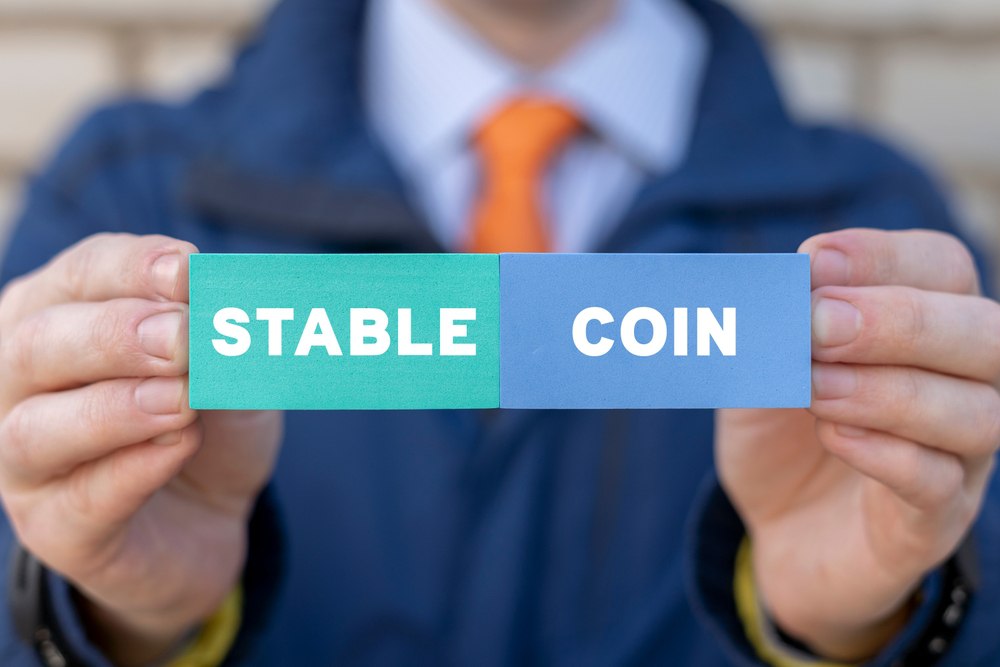In a recent letter addressed to the finance ministers of the G20 and central bank governors, Klaas Knot, the chairman of the Financial Stability Board (FSB), outlined the organization’s plan to tackle significant risks to financial stability in the current year.
FSB Working On Crypto Regulatory Framework
The FSB highlighted crypto assets and decentralized finance (DeFi) as significant issues on their agenda. The G20 group of ministers and bankers is scheduled to convene in Bengaluru, India, from February 24th to 25th.
Knot stated that the FSB, an advisory entity established by the G20 and associated with the Bank of International Settlements (BIS), has a “program” to finalize a regulatory framework for crypto assets this year. Although the FSB lacks enforcement authority, it plays a crucial role in providing recommendations on financial stability matters.
According to reports, the FSB has intensified its scrutiny of DeFi due to its potential links with conventional finance. Knot further indicated that the upcoming regulatory framework might have adverse implications for certain stablecoins.
Knot said the FSB’s findings reveal that numerous stablecoins do not satisfy international standards. Moreover, they are not in line with the more detailed guidance the Committee on Payments provided and other regulations released by the BIS.
In July, the BIS and the International Organization of Securities Commissions issued guidance that applies the “same risk, same regulation” principles to stablecoins.”
Following the release of the FSB’s ultimate recommendations on regulatory and supervisory methods for crypto and stablecoins in July, the board intends to guide other local regulators and supervise the execution of these recommendations.
According to Knot, “implementing regulations for digital currencies based on the theory of “same risk, same activity, same regulation,” would serve as a solid foundation for mitigating associated risks and utilizing the potential benefits of this financial innovation.”
FSB To Improve Cross-border Payments
In addition, the letter stated that discontent with the current traditional framework for cross-border payments contributed to the expansion of crypto assets. Furthermore, it indicated that the FSB intends to present a report on further actions for improving cross-border payments in line with the G20 roadmap during the upcoming meeting.
Meanwhile, the FSB’s action to improve its crypto regulatory framework gained momentum last year. During a meeting held on December 6th in Switzerland, the FSB announced its intention to improve its monitoring framework for crypto assets.
The agency argued that this would involve the incorporation of vulnerability indicators specifically for DeFi platforms. Also, the FSB noted that it would assess the potential consequences resulting from the closer integration of DeFi with traditional financial markets.
Notably, the monitoring body stated that the recent crypto market turmoil, including the FTX collapse, currently poses limited risks to the conventional finance industry. However, the risk gradually increases due to the “growing connection between crypto firms and the traditional financial institutions and market.
